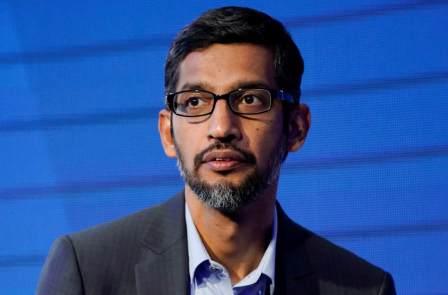San Francisco: Section 230 makes it possible for Google to provide access to a wide range of information — including high-quality local journalism — while responsibly protecting people from harm and keeping their information private, Alphabet and Google CEO Sundar Pichai has said.
Appearing before a US Senate hearing along with Twitter CEI Jack Dorsey and Facebook CEO Mark Zuckerberg late on Wednesday, Pichai said: “I would urge the Committee to be very thoughtful about any changes to Section 230 and to be very aware of the consequences those changes might have on businesses and customers”.
Section 230 states that “no provider or user of an interactive computer service shall be treated as the publisher or speaker of any information provided by another information content provider”.
Under the US law, Internet firms are typically exempt from liability for content that users post on platforms.
President Donald Trump has challenged this via executive order which threatens to strip those protections if online platforms wade into “editorial decisions”.
Pichai said that Google is deeply conscious of both the opportunities and risks the internet creates.
“I’m proud that Google’s information services like Search, Gmail, Maps, and Photos provide thousands of dollars a year in value to the average American — for free,” he said in his remarks.
“We’ve also taken many steps to raise up high-quality journalism, from sending 24 billion visits to news websites globally every month, to our recent $1 billion investment in partnerships with news publishers”.
Pichai stressed: “Let me be clear: We approach our work without political bias, full stop. To do otherwise would be contrary to both our business interests and our mission, which compels us to make information accessible to every type of person, no matter where they live or what they believe”.
The US adopted Section 230 early in the internet’s history and it has been foundational to US leadership in the tech sector.
It protects the freedom to create and share content while supporting the ability of platforms and services of all sizes to responsibly address harmful content.
“At the end of the day, we all share the same goal: free access to information for everyone and responsible protections for people and their data,” Pichai said.
The US Senate hearing came barely a week after the US Justice Department’s landmark antitrust lawsuit against Google which argues that both advertisers and regular people are harmed by the tech giant’s position as “the unchallenged gateway to the Internet for billions of users worldwide.”
IANS
